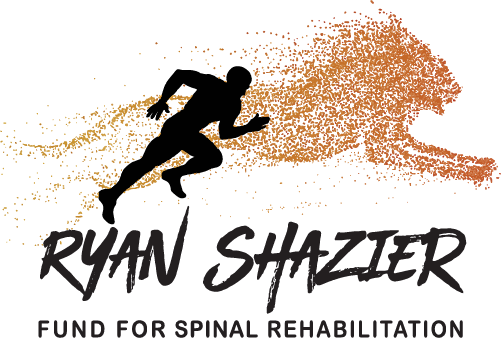Humility is the foundation of all the other virtues hence, in the soul in which this virtue does not exist, there cannot be any other virtue except in mere appearance. —St. Augustine
I acquired my spinal cord injury in March 2020.
Yes, right when the world shut down, thanks to COVID-19.
So, no visitors, nobody to lean on, cry to, or commiserate with. But guess what? That was just fine with me.
I grew up as the oldest of four in a two-parent household where sometimes those parents worked a combined four jobs.
As the oldest, I became fiercely independent in a neighborhood we termed “our shitty and gritty.” We siblings learned to figure it out, and my mom, a teacher, always encouraged us to “look it up” instead of giving us the answers. For that, I am eternally grateful.
So, doing three months of rehab alone was no big deal. The staff was great, I had my tablet to “look things up,” and I could FaceTime with friends and family.
Being fiercely independent is not always the best course of action. And it is not an easy personality trait to set aside, especially when you have depended on yourself, and others have depended on you.
A few weeks ago, God decided to teach me a lesson on humility and the grace of asking for help.
PT was going great, and my right ankle-foot orthotic (AFO) was adjusted to give me more dorsiflexion.
Later that evening, I was cleaning my dresser and took a step to my right. I misstepped and caught myself with my right arm. With my fiercely independent attitude, I surmised it was a bad bruise.
I was wrong. The black bruise and overwhelming pain caused me to set my false pride aside and ask my cheer-giver husband for help. A doctor’s visit and x-rays proved I had broken my humerus and rotator cuff on my right arm and shoulder, requiring surgery.
In between, I have appointments for bladder issues and other complications, and I’ve now asked him to attend those appointments with me.
He is very busy with work, and I’ve been reluctant to bother him. However, I realize that most of that concerns my cultured independence and reluctance to change.
So, he came to my bladder appointment. I even had him help me with my pants since I only use one arm now.
He was there as a second ear to listen to the doctor and thoughtfully asked questions.
And instead of feeling resistant, I was thankful.
I’ll be honest; this arm recovery is the most difficult. I’ve lost my independence to drive; it’s nearly impossible to type (I’m tying voice-to-text with this blog. Lots of errors due to my Delco/Philly accent.
But I then think about the saints and the stoics, who overcame insurmountable odds to stick to their commitments.
My insurmountable job is to ask for and accept help gracefully. I see and talk to people doing this. And I’ve received a lot of cheer-giving because I’ve shared my struggles and asked for advice.
What have your experiences been? Have you had to learn how to ask for help?
Submitted by Cathy Cuff-Coffman
“Almost four years ‘in’ with a C3-7 and L4-6 incomplete. Accepting the past, living today with joy and gratitude, and basing my future on living as the best person I an be.”


